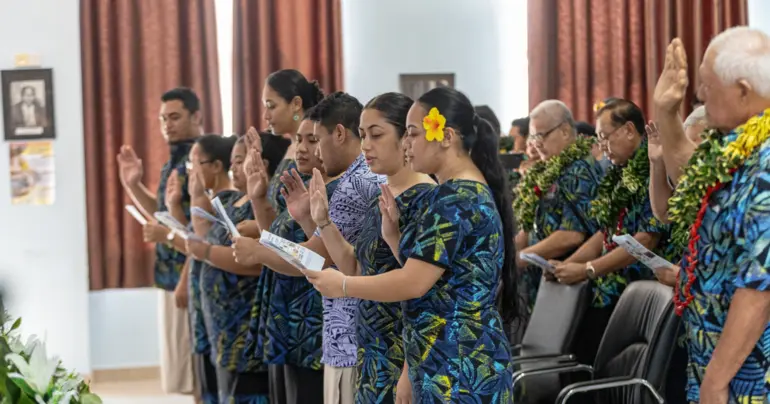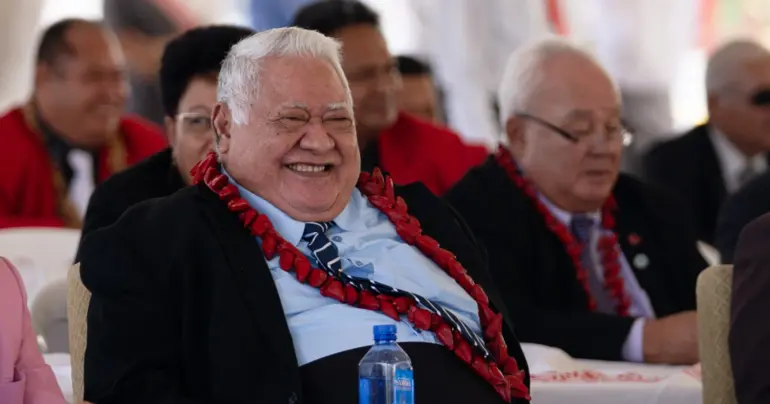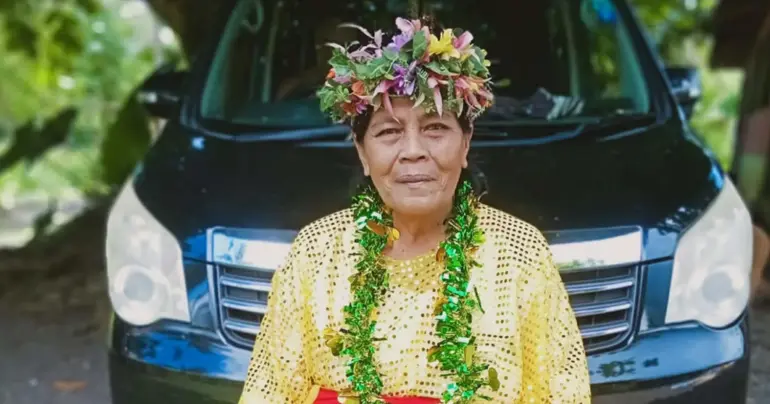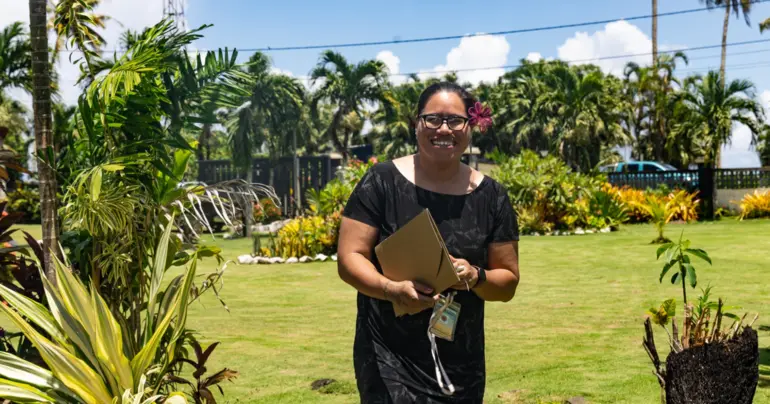Samoa's crisis similar to P.N.G. says expert
 By Alexander Rheeney
•
13 June 2021, 11:00PM
By Alexander Rheeney
•
13 June 2021, 11:00PM
Samoa’s two-month old constitutional crisis has parallels to Papua New Guinea’s 11-month political impasse in 2011–2012 which did irreparable damage to the country’s Supreme Court.
Dr Anthony Regan, an Australian constitutional lawyer who has lived and worked in PNG and undertaken constitutional advising work in various other countries, wrote in a blog post published recently in the Lowy Institute’s The Interpreter that there striking similarities between Samoa’s current crisis and the PNG event close to a decade ago which elevated its former prime minister Peter O’Neill to power.
“The April election in Samoa has set off a constitutional crisis that finds two rival leaders in a deadlock over the prime minister’s office and threatens the foundations of the country’s political institutions,” Dr Regan writes.
“Samoa is not the first country in the region to find itself in such a predicament.
“Not so long ago and not so far away, Papua New Guinea had to stumble through a similar episode, the history of which holds valuable lessons.”
In Samoa, long-serving caretaker Prime Minister Prime Minister and leader of the Human Rights Protection Party (H.R.P.P.), Tuilaepa Dr. Sa'ilele Malielegaoi has refused to cede power to Prime Minister-elect and Fa’atuatua i le Atua Samoa ua Tasi (F.A.S.T.) party leader Fiame Naomi Mata’afa following the 9 April 2021 general election, plunging the country into a constitutional crisis.
The H.R.P.P. was defeated resoundly in the April polls which saw its majority of 47 seats in the 51-seat Parliament reduced to 25 to tie equal with the 12-month-old FAST party. Independent MP Tuala Iosefo Ponifasio’s decision to support Fiame’s party put the former deputy prime minister in the box-seat to form government.
In PNG the crisis began in mid-2011 when the late prime minister Sir Michael Somare was in Singapore for a heart operation.
“A sudden realignment of numbers in parliament saw him removed on the basis that his ill health created a vacancy in the prime minister’s office,” Dr Regan writes.
“Peter O’Neill was then elected prime minister. Occurring less than 12 months before a scheduled five-yearly general election, in a period when a successful vote of no confidence would have resulted in an early election, the move ensured that O’Neill and his supporters controlled P.N.G.’s finances in the lead-up to the ballot.”
Sir Michael, upon his return to Port Moresby in August 2011, then went to the Supreme Court to contest his removal and in December the court ruled there was no vacancy in office and his removal was unconstitutional.
However, the court’s decision was rejected by the O’Neill government which then voted in the parliament to suspend the PNG governor general, who went ahead and swore-in Sir Michael’s Cabinet in line with the court’s ruling. The parliament speaker then became acting head of state who then recognised Mr O’Neill as prime minister.
At that juncture P.N.G. had two Prime Ministers, two Cabinet Minister appointees and even two Police Commissioners and defence force commanders.
In relation to the constitutional crisis in Samoa, Dr Regan said the country faces similar risks to P.N.G. including “irreparable damage” to the standing of the Supreme Court.
“Samoa certainly faces a similar risk to P.N.G. in that what are short-term measures in response to pressures to retain high office could do irreparable damage to the standing of the country’s supreme court,” Dr Regan writes.
“The court’s standing was already under threat as the result of highly controversial constitutional amendments and two new statutes passed in December 2020, opposition to which had prompted Fiame Naomi Mata’afa to leave the H.R.P.P. in 2020 and establish the new F.A.S.T. Party.
“The crisis also threatens previous understandings about the respective roles and responsibilities of the court and the executive government.
“Judicial decisions on significant constitutional issues are not just being ignored, but forcibly rejected and attacked, primarily on the basis of allegations of bias.”
Dr Regan currently works as a Fellow in the State, Society & Governance in Melanesia Program (SSGM), School of International, Political & Strategic Studies at the Australian National University's Coral Bell School of Asia Pacific Affairs
 By Alexander Rheeney
•
13 June 2021, 11:00PM
By Alexander Rheeney
•
13 June 2021, 11:00PM










